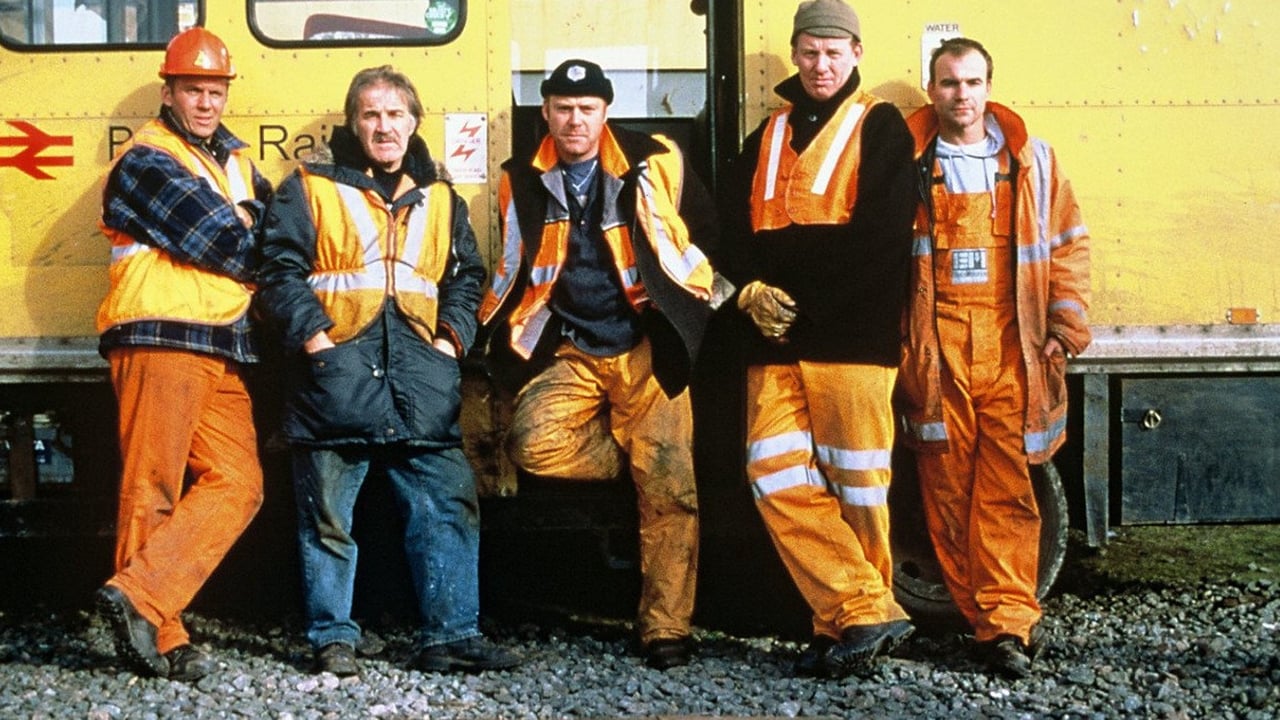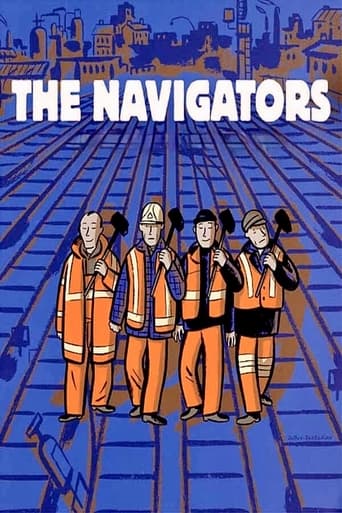



everything you have heard about this movie is true.
View MoreBlending excellent reporting and strong storytelling, this is a disturbing film truly stranger than fiction
View MoreThe joyful confection is coated in a sparkly gloss, bright enough to gleam from the darkest, most cynical corners.
View MoreA great movie, one of the best of this year. There was a bit of confusion at one point in the plot, but nothing serious.
View MoreThe films of Ken Loach are always worth the investment in time and attention. Films like this can not be made in Hollywood, where the dominating criterion for production is the financial profit. Even when a Hollywood producer has found a challenging theme, it is usually garbled with sensational and primitive digressions. In the attempt to appeal to easily accessible animal instincts, the average Hollywood films portray selfishness, deceit, aggression and even mass slaughter as desirable qualities. Such films foster a culture, that actually hampers human progress. The films of Ken Loach always address the civilized side of human nature, and allow for fertile self-reflexion. The Navigators is a masterpiece about railway labor, although it appeals probably more to Europeans than to other nationalities. The European railways were socialized a century ago, because the operational efficiency requires a monopoly situation, and private monopolies are a natural source of abuse. Nevertheless, in the eigthies the British Thatcher government decided to reprivatize British Rail. The film describes the effect of the privatization on the personnel of a maintenance depot. The personnel consists of rough workmen, who find pleasure and pride in their profession. When British Rail is cut into pieces, the depot is renamed into East Midland Company, and has to canvass for commissions with Rail Track. Maintenance work comes in batches, and the new management views permanent appointments as superfluous expenses. Perhaps more important, the restructuring allows to eliminate the trade unions, which were strong in the former structure (although apparently not strong enough). New competition is introduced by private firms, who employ temporary personnel and compete for commissions. They pay more on an hourly basis, but spare the costs of training and holiday allowances. Thus the entrepreneurial risks are transferred to the workers. Most important, they dramatically reduce the quality and safety standards. The decent work of the railway depot, once more renamed, this time into Gilchrist Engineering, is no longer appreciated by Rail Track, and Gilchrist runs out of work. Employees are made redundant, and are stimulated by means of bonuses to resign. Subsequently they are hired by the new cowboy firms, through temporary employment agencies (flexible contracts). In the end one of the railway workers dies in an accident, during a job where he is hit by a passing train because the look-out man has been omitted. In this film I like in particular the excellent portrayal of the workman's' culture. You can so to say smell the sweat. The essence is probably the complete bewilderment caused by the privatization, which hits the workers, well, like a train. They lose control over their working environment and income. They land in a world of flex-contracts, where fate is an unknown, even on the short term. Of course they manage to adapt in time, but their lives sink to a lower level of human existence. It is a striking story, which is closely related to this other Ken Loach film "Bread and Roses" about the working poor.
View MoreSaying frankly, I did not enjoy, nor being moved by the movie. The story is neither dramatic nor exciting. The lead character is not well defined and thus easy to confuse the audience. After watching it, being little bit disappointed, I went out to walk my dog, but the movie occupied my thought even after I came home. This is a story in railway workers in the UK, however I could see similar situation in Japan too. In Japan, many companies are gradually recovering from serious downfall. But during the process of profit recovery, companies have replaced fixed-cost employees by variable cost contract workers. As a result, the lifetime employment system has collapsed, and the power of the unions, the members of which are employees only, have been eroding. At the same time, number of contract workers, who do not have systematic training and skills building, has increased. In this trend the gap between peoples of high wages and low wages are becoming wider. British society has been many years the forerunner in the world of winning the rights of workers. But these rights are now too easily forgotten under the pressure of global economy. This is a social crisis in longer term. At least this movie has succeeded to portray this crisis.
View MoreAlthough it contains some funny moments, this film is no comedy; rather it is a biting satire of the mess that resulted when the Conservative Government in the UK decided to split up and privatise British Rail in 1995 (one wonders why they didn't go all the way and do the same to the highways) as seen through the eyes of track workers. Perhaps the most ludicrous moment is when their supervisor in their newly created regional private company tells the workers to take equipment out to dump bins and smash it up because "it isn't up to scratch, we've got to have high standards now." "But it's perfectly good, can't we sell it?" they protest. "What, sell it to the competition?" is the response. Later they are told that management's streamlining (making staff redundant) has been too successful: they are now too small to be viable and the depot has to close, the rest of the workers have to go. Aside from the almost documentary of the plight of Britain's rail network, there are personal interactions between the working class characters in their daily lives that viewers can empathise with. In all it's well cast, well scripted and well directed.
View MoreTHE NAVIGATORS is another excellent Ken Loach movie.I had been putting off watching it because I thought it would be very gruelling and upsetting. I've been a fan of Ken Loach's movies for a long time but oftentimes I am not in the mood because I know I'll either cry or get upset (or both).THE NAVIGATORS is different than his other films. It isn't a movie where you cry and have the feeling of being emotionally raked over the coals (just saw the haunting SWEET SIXTEEN and am still having the aftershocks from that one).Anyway, THE NAVIGATORS is a movie that you watch and get angry. For anyone working in a globalized economy (i.e., almost everyone) the ideas behind the railworker's plight -- how absolutely screwed they are -- is nothing new. Yet I can't think of a movie that has illustrated this situation more clearly. It's actually shocking that there aren't more movies about how altered our working world has became. Possibly because this is such a current experience in the world today.THE NAVIGATORS is a saga of working men, attractive, tough, garrulous, hard-working people who just want to work hard, make money, live their lives.I recommend the movie highly.
View More